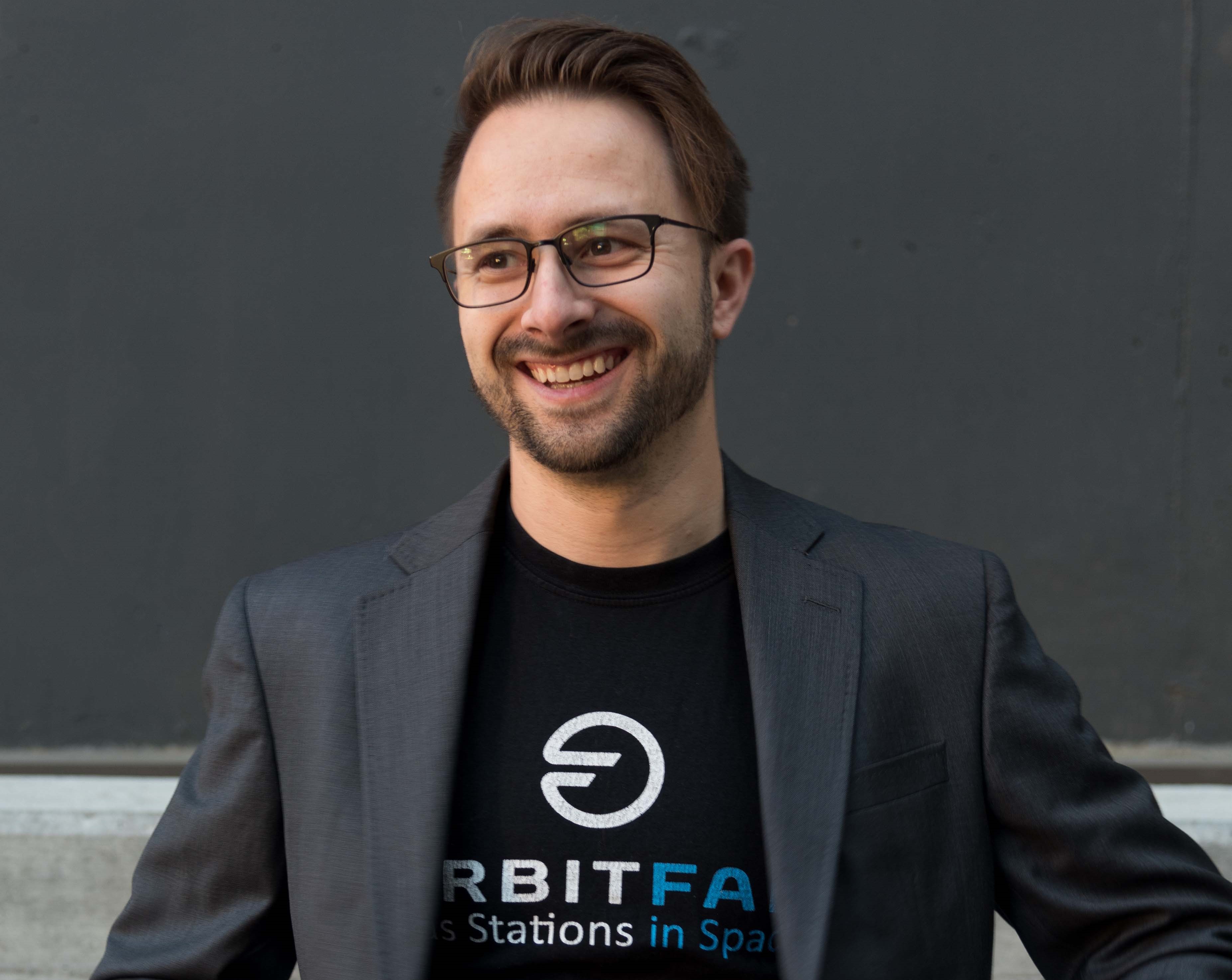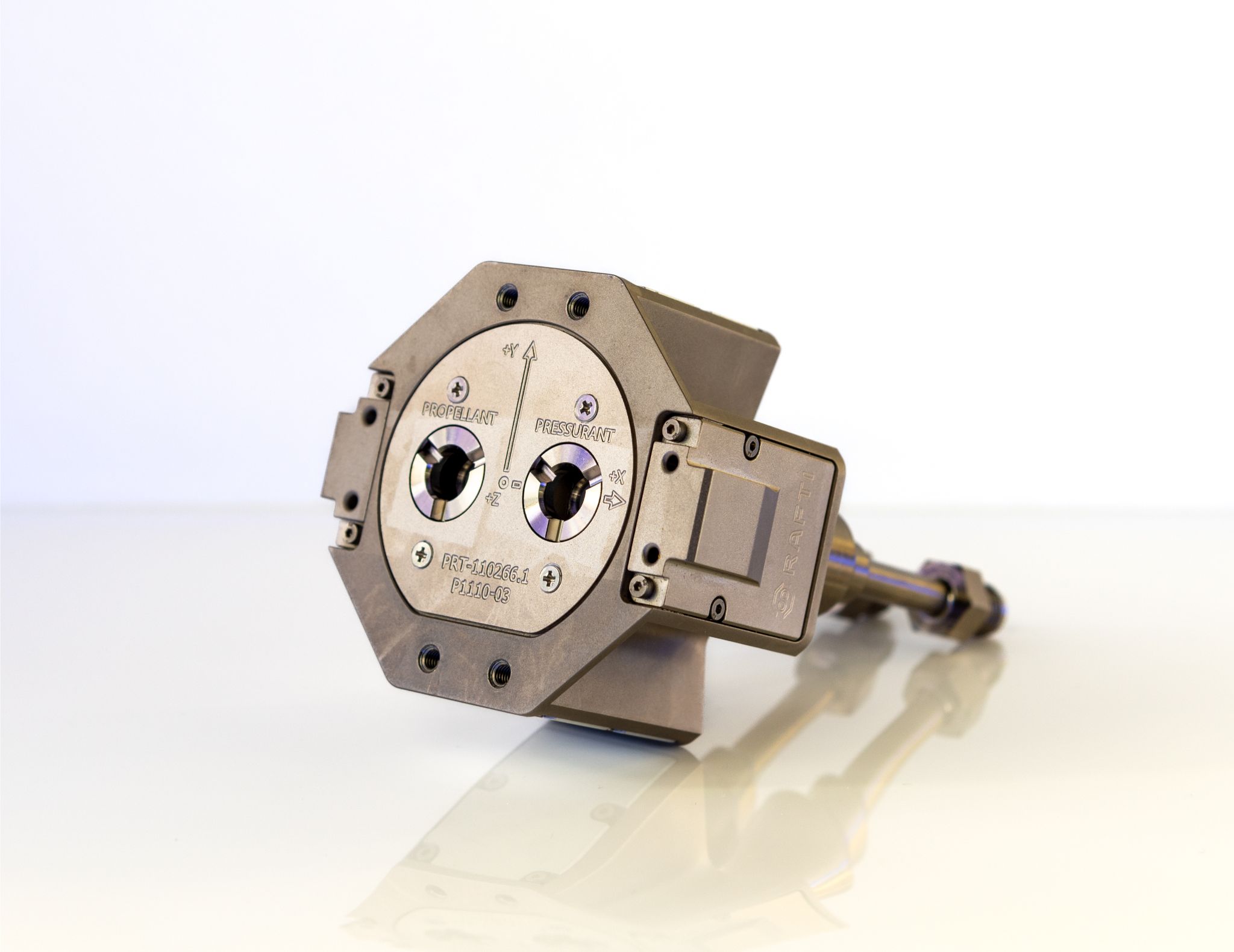Jeremy Schiel
How do you get listed in Forbes Magazine’s 30 Under 30?
For EMU alum Jeremy Schiel, the path was cosmic!


EMU alumnus Jeremy Schiel (BBA17)
Growing up in Brighton Michigan, Jeremy Schiel had always had an interest in space, one further stimulated by a visit to Chicago’s Adler Planetarium when he was eight years old. But working in the space industry obviously required a college degree, and for Jeremy, a self-described “horrible high school student,” college was problematic. Fortunately, EMU’s Edge program – designed to provide academic support and study skills to students lacking the required credentials – was perfect for Schiel. After enrolling, he thrived in the University’s International Business Program, specializing in the management track. Jeremy especially enjoyed Professor David Victor’s classes in international and cross-cultural communication, and served as both vice president and president of the International Business Students’ Association.
Combining a passion for space with studies in International Business may not be a natural alignment, but that didn’t stop Schiel. In virtually every class, starting his sophomore year, when a project was required, he found a way to incorporate his pet project, Human Objective— a 500-year roadmap he developed for colonizing an asteroid. Clearly, space was a central theme for Jeremy, so much so that in his senior year he discovered a company known as Deep Space Industries and decided to apply for an internship. The application required answering three questions and attaching a résumé. Drafting that response took Jeremy two weeks to craft and 18 readers to review it and make suggestions before he finally sent the email. Fortunately, the effort paid off and the internship became his first successful foray into realizing his dream of working in the space industry.
One major benefit of Jeremy’s internship was meeting company CEO Daniel Faber. Faber not only mentored him but became a co-founder with Jeremy of, first, an unsuccessful startup, and ultimately a highly successful organization: Orbit Fab, the “Gas Stations in Space™” company.
The opportunity to partner with Faber in a startup required both an act of faith and significant financial hardship. Jeremy purchased a one-way flight to California to work on the startup, then quickly blew through his savings. To survive while working full-time on Orbit Fab – no revenue meant no salary – he took on a consulting job, leading to 3 months of 110-hour work weeks and 6 hours of sleep per night, if that. It took a full year from when Jeremy moved to California before he saw his first paycheck— $515 for a year’s worth of work, which remains framed on his wall.
What prompted Jeremy’s nomination to Forbes Magazine’s 30 Under 30, and eventually being named a recipient of the award, is the utility and potential benefit of Orbit Fab’s concept. As Jeremy describes it, “Satellites are single-use assets. They’re expensive to build and launch, and when their fuel is exhausted, they have to deorbit them or they become space debris. Imagine what would happen to the economy if a 747 or cargo ship had to be retired after its fuel was used up! What Orbit Fab does is build orbital propellant depots so satellites can fuel-up when necessary and also deliver supplies to satellites and commercial space stations.”


Orbit Fab's Rapidly Attachible Fluid Transfer Interface (RAFTI) is being adopted globally on commercial and government satellites for on-orbit refueling. This allows a space satellite to fill up on the ground and to dock and refuel them in space.
“This award is not won alone,” said Jeremy. “It takes an entire team to build the future and make the impossible possible. This award is a testament to the entire team and advisors that Daniel and I have built up around us. You can only go so far alone, it’s important to ask for help and surround yourself with people you want to be like and learn from.”
Now just 28, Jeremy and his co-founder have grown the company from a handful of employees in a single Colorado office to what soon will be 100 employees in an international organization with a UK presence, work in Japan and throughout Europe, and prestigious investors including both Northrop Grumman and Lockheed Martin.
What’s Jeremy’s secret for success? “Number one,” he says, “is to have patience, develop a 5-year plan, and believe in yourself or surround yourself with those who believe in you. Next is really the importance of relationships – understanding that opportunities often come about because of connections and networking – so that means going to relevant conferences (even if as an unpaid volunteer), developing and nurturing relationships through means such as LinkedIn, and never being afraid to ask questions or even ask for mentors.”
Jeremy acknowledges the degree to which Eastern contributed to his success, especially the cultural awareness he developed through EMU’s International Business Program and resources like the Writing Center. That’s why he views the Give Rise campaign as being critically important to “helping students get where they want to go” and providing the support “to help students believe in themselves.”
Jeremy’s success isn’t just measured by the Forbes Magazine award or even by the A-list investors and partners supporting Orbit Fab, but by his realization of a lifelong dream – to be among those whose passion is to explore and pioneer space and humanity’s role in the cosmos. Jeremy Schiel’s career is also a testament to what Eagles can and do achieve with the right institutional support combined with the willingness to follow their passion.
